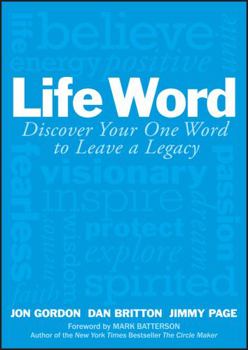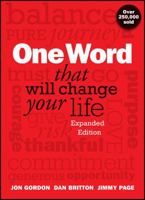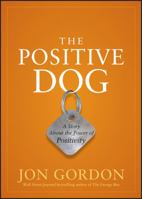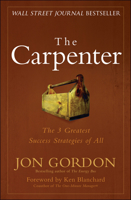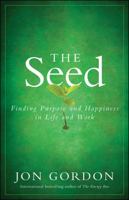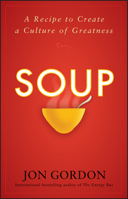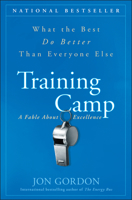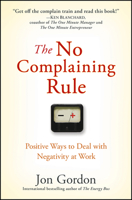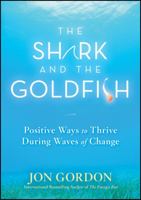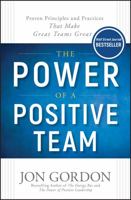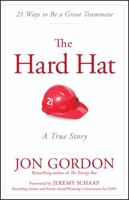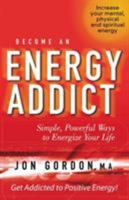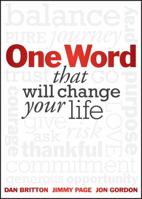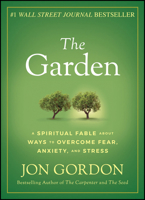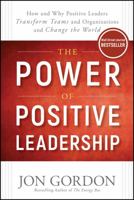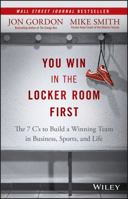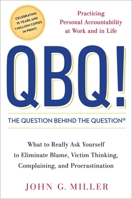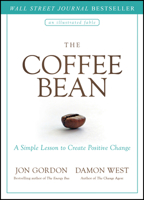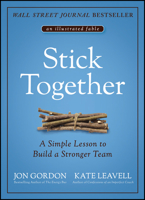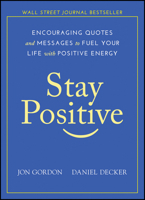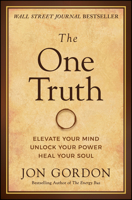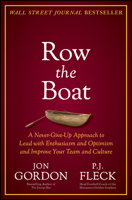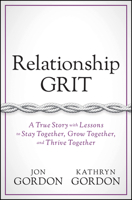Life Word: Discover Your One Word to Leave a Legacy
Select Format
Select Condition 
You Might Also Enjoy
Book Overview
Discover your Life Word ! In One Word that will Change your Life authors Jon Gordon, Dan Britton, and Jimmy Page helped readers discover their yearly word to live with more intention, focus and purpose. Now with Life Word they help readers discover a word that will significantly impact their life and legacy. Life Word reveals a simple, powerful tool to help you identify the word that will inspire you to live your best life while leaving your greatest legacy. In the process you'll discover your why which will help show you the way to live with a renewed sense of power, purpose and passion. The authors walk you step-by-step through the process of discovering your Life Word and share an action plan with the most successful ways to live and share it. If you're ready to live with more clarity, confidence and courage and leave a lasting legacy, let's get started!
Format:Hardcover
Language:English
ISBN:0060816988
ISBN13:9780060816988
Release Date:August 2006
Publisher:HarperOne
Length:338 Pages
Weight:1.48 lbs.
Dimensions:1.1" x 6.3" x 9.3"
More by Jon Gordon
Jon Gordon is a speaker, consultant, and author of the international bestseller The Energy Bus and The No Complaining Rule, both from Wiley. He and his books have been featured on CNN and NBC's Today show, and in Forbes; O, The Oprah Magazine; the Wall Street Journal; and the New York Times. His... Learn More About This Author
Customer Reviews
5 customer ratings | 5 reviews
There are currently no reviews. Be the first to review this work.











